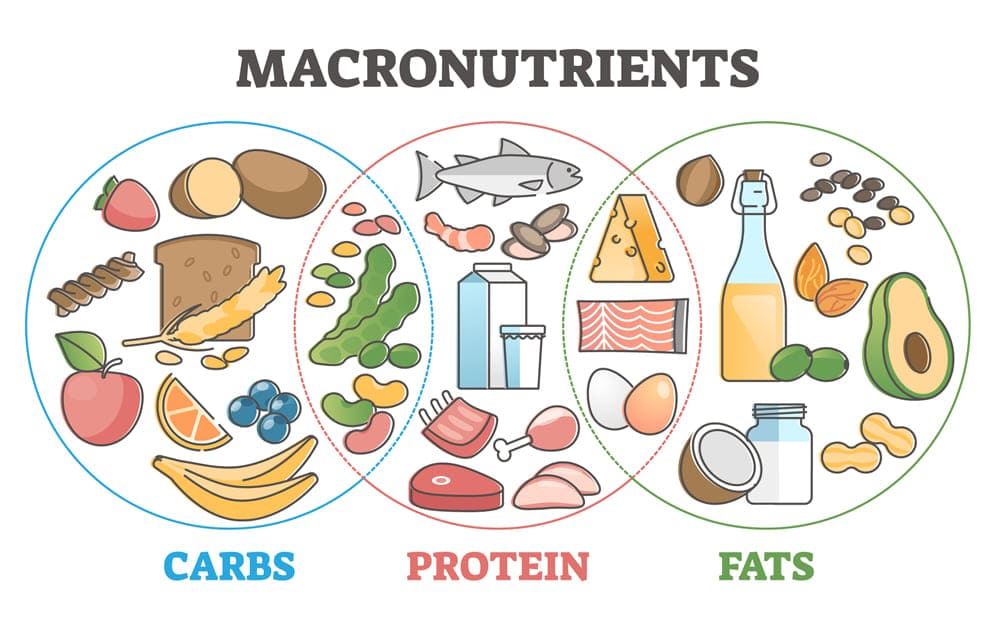Nutrition for Calisthenics: Your Complete Guide to Fueling Your Body

In calisthenics, your performance is not only about strength, technique, and consistency—your nutrition plays a vital role in fueling your body for optimal performance and recovery. Whether you're focusing on bodyweight exercises, mastering new skills, or trying to improve muscle mass, understanding how much carbs, protein, and fats you need, and the timing of these nutrients, is key.
Macronutrient Breakdown: How Much Carbs, Protein & Fats You Need
1. Carbohydrates: Your Main Source of Energy
Carbs are your body’s primary fuel, especially when engaging in intense physical activity. They get broken down into glucose, providing quick and sustained energy for workouts.
- How much? Typically, you’ll want around 45-65% of your total daily calories to come from carbs. If you are highly active in calisthenics, aim for about 3-6g of carbs per kg of body weight per day.
- Calories per gram: 1g of carbohydrates = 4 calories.
Foods high in carbs:
- Whole grains (brown rice, oats, quinoa)
- Sweet potatoes
- Fruits (bananas, berries, apples)
- Vegetables (spinach, broccoli, carrots)
2. Protein: For Muscle Growth and Recovery
Protein is essential for repairing muscles after calisthenics exercises and promoting growth. It helps to rebuild tissue, supports immune function, and maintains muscle mass.
- How much? Aim for 1.2-2.0g of protein per kg of body weight. The exact amount depends on the intensity of your training and your goals (strength, hypertrophy, etc.).
- Calories per gram: 1g of protein = 4 calories.
Foods high in protein:
- Lean meats (chicken, turkey, lean beef)
- Fish (salmon, tuna, mackerel)
- Eggs and dairy (Greek yogurt, cottage cheese)
- Plant-based sources (lentils, chickpeas, tofu, tempeh)
3. Fats: Essential for Hormone Function and Recovery
Fats support vital processes in the body like hormone production, nerve function, and the absorption of fat-soluble vitamins (A, D, E, K). Healthy fats are also crucial for sustained energy during long, grueling calisthenics workouts.
- How much? Around 20-35% of your daily calories should come from fats. You should aim for about 0.8-1.2g of fat per kg of body weight per day.
- Calories per gram: 1g of fat = 9 calories.
Foods high in healthy fats:
- Avocados
- Nuts and seeds (almonds, chia, flax)
- Olive oil and coconut oil
- Fatty fish (salmon, sardines)
How to Calculate Your Total Daily Caloric Needs
Your total daily calorie intake will depend on your goals (muscle gain, fat loss, or maintenance) and activity level. Here's a quick way to calculate your daily needs:
- Find your Basal Metabolic Rate (BMR): This is the number of calories your body needs at rest to maintain basic functions. You can use an online calculator to estimate your BMR based on age, sex, height, weight, and activity level.
- Add your activity level: Multiply your BMR by an activity factor (1.2 for sedentary, 1.375 for light activity, 1.55 for moderate activity, 1.725 for intense activity, or 1.9 for very high activity) to find your Total Daily Energy Expenditure (TDEE).
- Adjust based on goals:
- For muscle gain, aim for a 10-20% surplus in calories.
- For fat loss, aim for a 10-20% calorie deficit.
- For maintenance, aim to eat the amount of calories equal to your TDEE.
Best Foods to Incorporate into Your Calisthenics Diet
- Carb-rich foods: Whole grain rice, sweet potatoes, oats, fruits (bananas, apples, berries), quinoa, and legumes.
- Protein-rich foods: Chicken, turkey, lean beef, eggs, fish, tofu, cottage cheese, Greek yogurt, and legumes.
- Fat-rich foods: Avocados, olive oil, coconut oil, almonds, chia seeds, flax seeds, and fatty fish (salmon, mackerel).
Foods to Avoid or Limit
While the focus should be on whole, nutritious foods, here are a few you should avoid or limit for optimal performance:
- Refined sugars and processed sweets: These can cause energy crashes and don’t offer lasting nutrients.
- Fried foods and trans fats: These can lead to inflammation and hinder recovery.
- Highly processed snacks: Chips, candy, and sugary drinks often contain unhealthy fats and empty calories.
- Excessive alcohol: It can negatively impact hydration, muscle recovery, and performance.
Timing Your Nutrition: Pre and Post-Workout Meals
- Pre-workout: Have a balanced meal 1.5-2 hours before your workout, focusing on carbs for energy and moderate protein for muscle preservation. For example, oatmeal with a scoop of protein powder and some fruit.
- Post-workout: Aim for a meal with carbs and protein within 30-60 minutes after your session. Protein helps repair muscles, while carbs replenish glycogen stores. A good option is a chicken and rice meal or a protein smoothie with banana and peanut butter.
Conclusion: Fuel Your Body for Calisthenics Success
Proper nutrition is an essential part of any fitness regimen, especially for calisthenics. By focusing on the right balance of carbs, protein, and healthy fats, you'll be able to maximize your strength, endurance, and recovery. Combine these dietary tips with your consistent calisthenics training, and you'll see the progress you're aiming for.
Post Created: February 11, 2025, 8:43 am
If this post gave you valuable insights or helped you in any way, consider supporting me! Your contribution allows me to continue producing helpful, high-quality content that everyone can benefit from. It’s thanks to supporters like you that I can keep sharing my passion and expanding this community. ❤️
